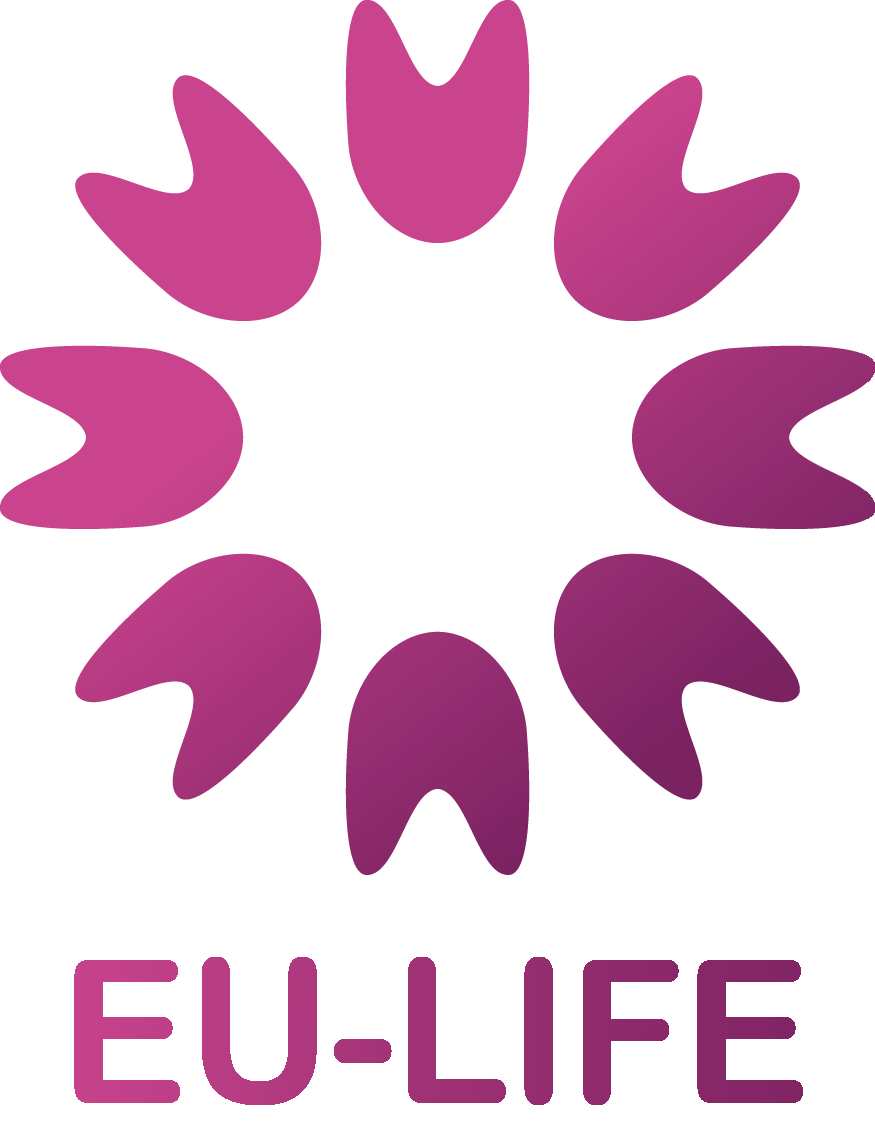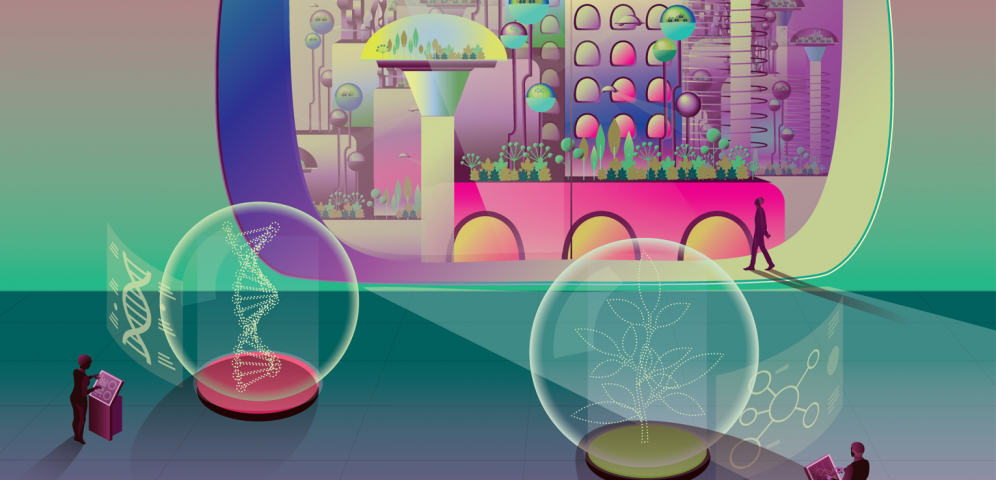Speaking Utopian: A New Language for a New Research Era
By Giulio Superti-Furga, Co-Chair of EU-LIFE and Director of CeMM [1]
The scientific community uses an own language, vocabulary and set of metaphors to describe the properties of its research. This changes with time, evolves over the decades, and depends on fashion.
While a slightly different language is used for technical issues and scientific papers, all other documents, such as grants, research reports, reviews of papers and promotions, road maps, press releases etc, use a specific language that attempts to describe reality with objective terms but past and future performance and qualities in positive, advertising terms. For example, in the papers themselves the use of the qualifying word such as first, novel, new is not allowed. In all other documents, it is exactly what is being highlighted. All based on a language convention.
Currently, the community uses terms and language that, as a jargon, notify conformity to the rules and sensitivity to the “zeitgeist”. So, the language is a sort of convention with stakeholders, funding agencies, scientific journals but also our peers. However, it is also a kind of trap. Use this language code and you are part of the fundable community. Do not use it and you are outside of the lexical and cultural cloud.
So, language is of fundamental importance for a scientific community. It measures how “at the center” of the cultural discourse the user is. It gauges its ambitions, its “imagery” and even its values. An example: if we define our research, institutes and scientists as “excellent” all the time, from the Latin excellēns, “elevated, exalted” (wiktionary) or being pre-eminent. What do we mean? What is the comparative group? Against what does it stick out? If we are all excellent all the time, what is not? Yet we use it as some sort of watermarked paper - by using it, we manifest our ambition to be part of the winners.
Many of the terms used to describe the research endeavour are borrowed from the lingo of 19th century explorations or are martial and violent in tone. Research typically is: cutting-edge, frontier, ground-breaking, exploratory. Campaigns typically are: moonshots, crusades, marathons, tours-de-force, wars, land-grabbing opportunities.
If research is to become part of the central mission of humans to improve the chances of species to thrive in a healthy planet, improve human condition and advance wisdom, new words and metaphors may be required. We need to emancipate from terms and images that we did not chose or were chosen long ago. We need to start using a language that describes research along new paradigms. For example, we may want to get rid of “basic” versus “applied” research concepts. Or find a new way to describe the kind of research that we like compared to the one we like less.
In Utopia, knowledge creation and interpretation are a main responsibility and priority of society. The new words should speak to utopian research properties of being solid, reproducible, trust-worthy but also enlightening, helpful, beautiful, connective, resonating, inspiring, thaumaturgic.
Can we coin new words that reflect the new utopian ethics? Core-some? Intra-valid? Trans-coherent? Explain-ful? Or be more poetic and courageous, like in the 1930s’ and the marypoppian “supercalifragilisticexpialidocious”? What are the metaphors that describe the research we aspire to in Utopia? If we are not 19th century (male) pioneers, what sort of new humans are we or do aspire to be? I guess we are also past the space-age/star wars romanticism (extra galactical, supersonic etc).
This manifesto calls for new ideas on how in future we wish to describe ourselves and our research. If we want a future with a new significance, purpose and centrality for research, if we want a new world, we need to be able to describe it. I propose that it is down to the community of researchers to describe the new research era and its attributes. The depth, robustness and, ultimately, success of a new role for research in society and on the planet will depend on our ability to do this.
[1] gsuperti@cemm.at

